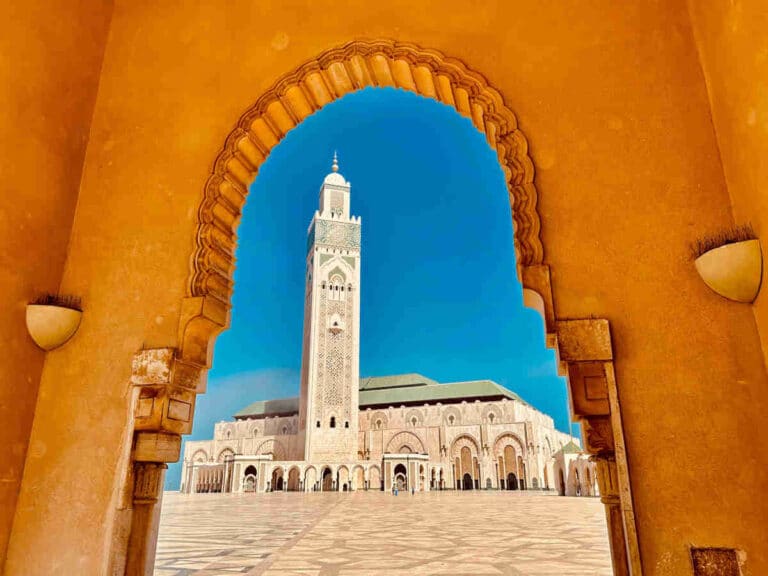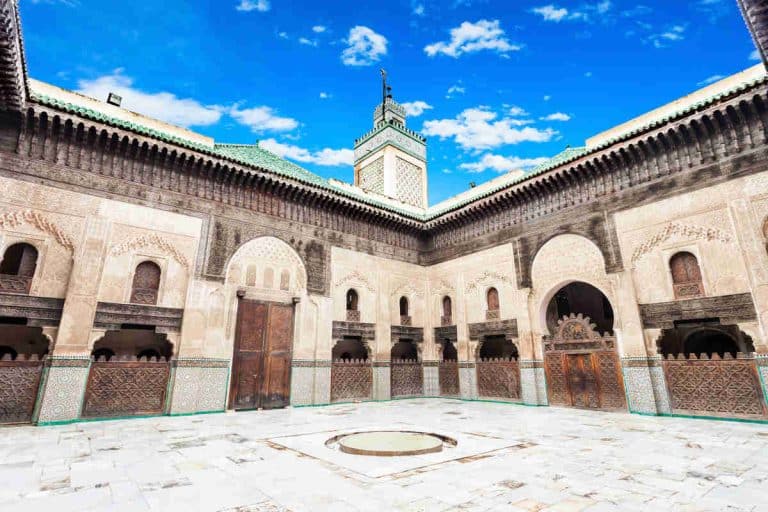You may have this question during your trip: is it possible to buy fossils in Morocco?
Especially if you go as far as the desert, where they act as real eye-catchers in stores, workshops and museums.
Por eso, tratamos de arrojar algo de luz sobre el tema, aunque te aconsejamos profundizar en material legal para más detalle, pues la legislación de protección del patrimonio podría sufrir cambios después de la redacción de este artículo.
Legislation under review
In most countries of the world, the extraction and commercialization of fossil fuels is regulated and subject to restrictions. regulated and subject to restrictions.
Algunos países tienen una legislación más restrictiva (como en España que, no obstante, depende de las leyes de cada comunidad autónoma), mientras que otros son más laxos en este aspecto, no sólo en la extracción y venta, sino también en la importación y/o exportación.
An example of the latter is Moroccowhose current heritage preservation law dates from 1980 and is currently under review, precisely because of its permissiveness or at least loopholes in the law. permissiveness or, at the very least, legal loopholes. that it does not cover.
That is why there is the sale of fossils for all to see, in stores open to the public.
And so, Morocco has become one of the world’s most important reference countries for collectors of these paleontological pieces, as it is easy to understand when browsing through the catalogs of online stores dedicated to this sale: many pieces come from Morocco.
Permissivity does not mean “free traffic”.
The aforementioned permissiveness or ambiguity of the current law does not mean that the fossil trade is free: companies and professionals engaged in fossil extraction must have a permit from the local authorities.
Y su venta también debe estar sujeta a la ley: all sales must be accompanied by a proof of purchase and a of purchase and an official official document document stating the characteristics of the fossil, especially its typology and origin.
In this way, the local authorities will be able to certify that the acquired piece has a typology and provenance allowed by the legislation.
In addition, in the case of foreign tourists, this documentation is even more important, since will be required at customsThe company is not only subject to the approval of the Moroccan authorities, but also of the authorities of the country of arrival.
In the event that the traveler lacks such supporting documents, the authorities will proceed to seize the piece and investigate the case, and may charge the bearer with smuggling or even property crime of the country.
Where to buy fossils in Morocco
For all these reasons, the purchase of fossils is a delicate matter that should always be treated with caution.
Having said that, you will find that the national (and even international) epicenter for the purchase and sale of fossil fuels is Erfoud.
Situada a unos 50 km del desierto de Merzouga, a unos 75 km de Errachidia y a más de 530 km de Marrakech, esta ciudad a las puertas del desierto ha contado siempre con una intensa actividad de extracción de minerales, con numerosas canteras.
And since many of the rocks recovered from the earth have fossils attached to them, they have become increasingly popular with treasure hunters around the world.
Among the easiest pieces to obtain are the invertebrate creatures, such as ammonites and trilobites.
Pero también hay numerosas piezas relacionadas con dinosaursdinosaurs, such as teeth and bones, which acquire a higher price price market price.For all these reasons, we recommend that you inform yourself thoroughly about the legislation on the purchase of fossils in Morocco and never resort to the black market (which, unfortunately, does exist) or the purchase This not only encourages crimes against the Moroccan paleontological heritage, but can also lead to legal problems at customs.




